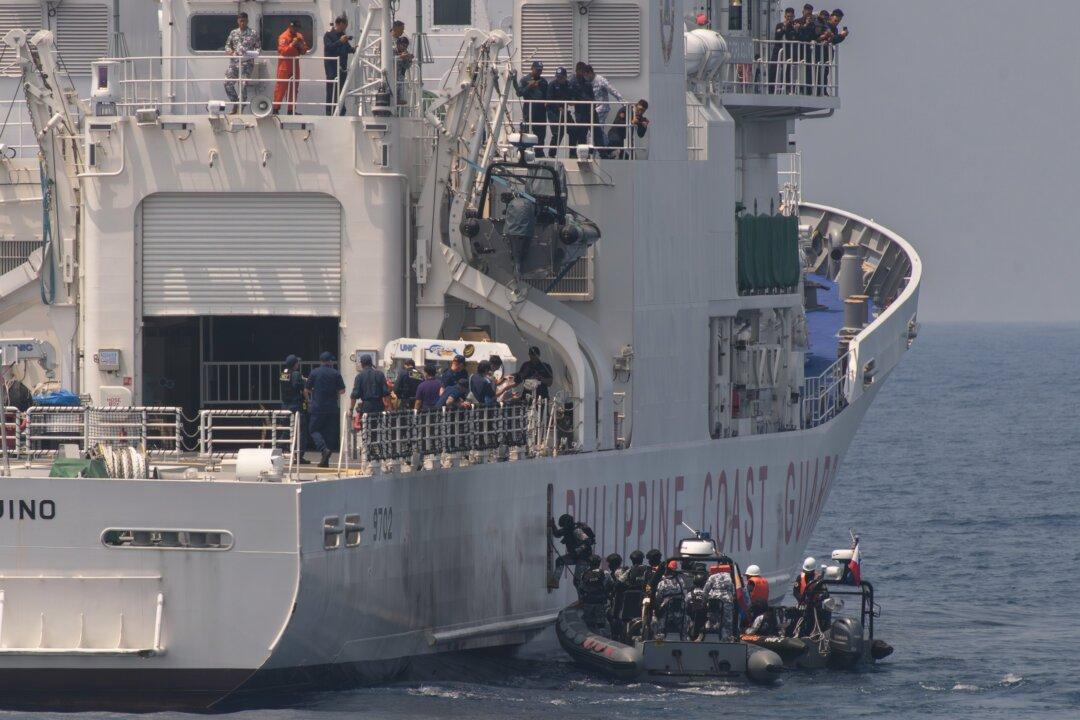The United States, Japan, and the Philippines have pledged to bolster their trilateral defense capabilities, including holding multilateral joint naval drills in the Indo-Pacific waters where tensions have risen.
National security adviser Jake Sullivan met with his Japanese and Philippine counterparts for the first time in Tokyo, Japan, on June 15 to discuss enhancing trilateral cooperation between their countries.





